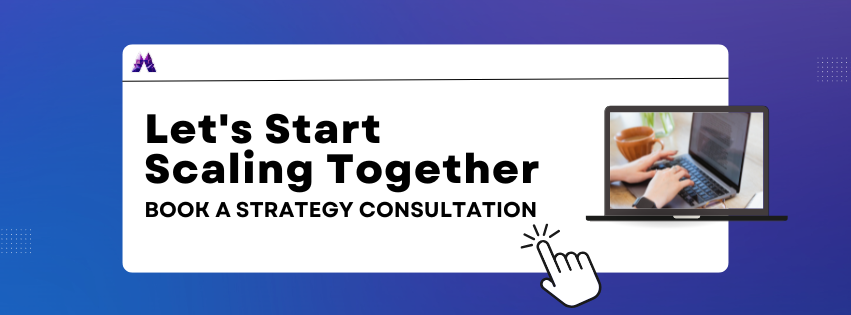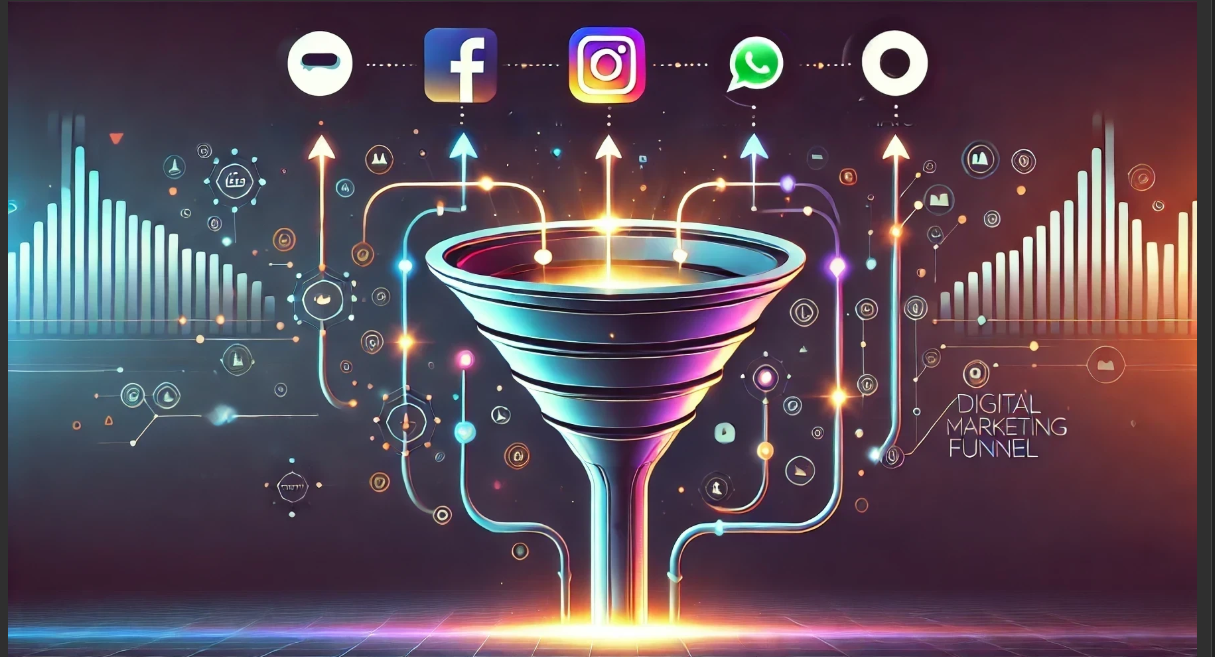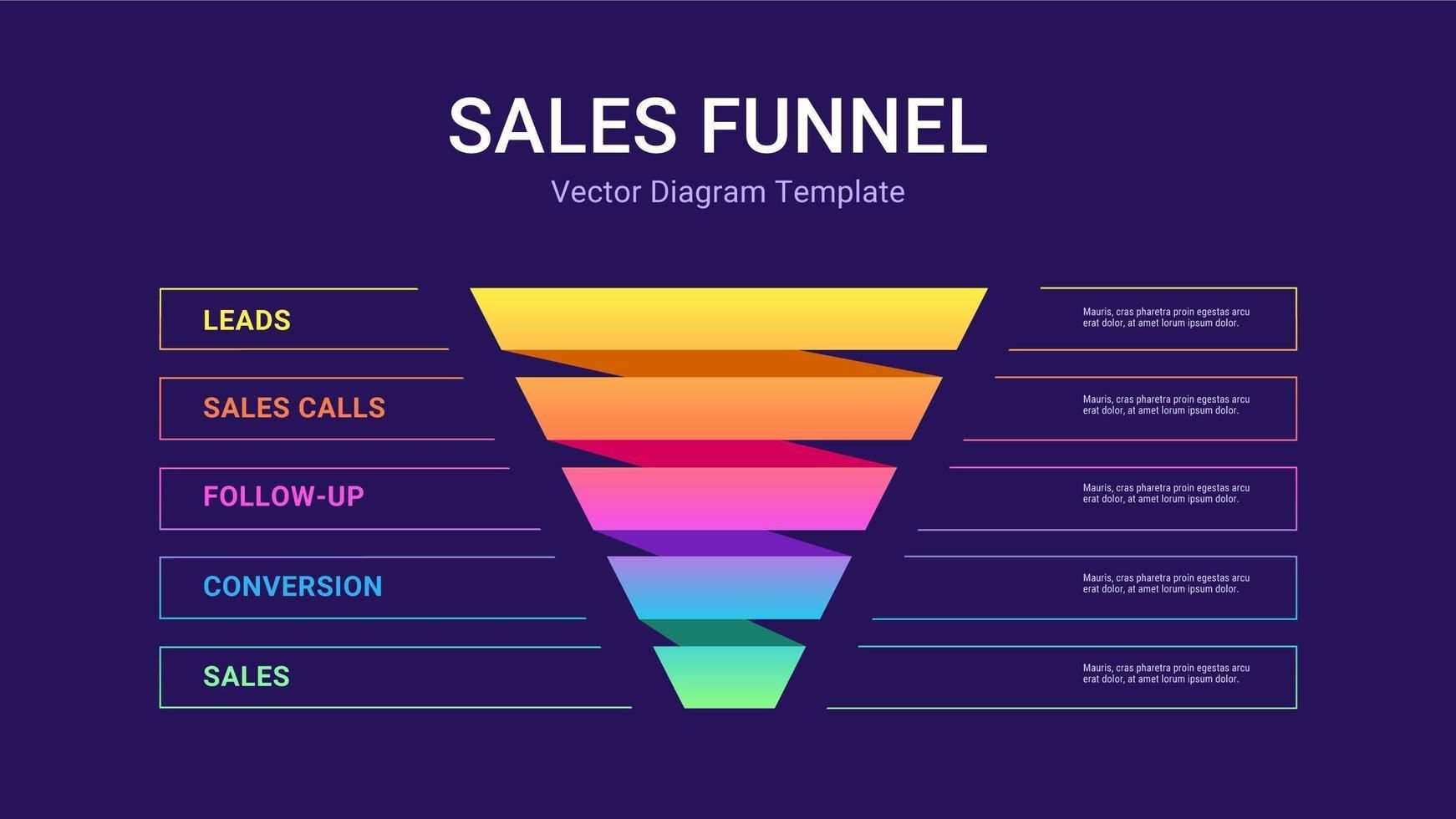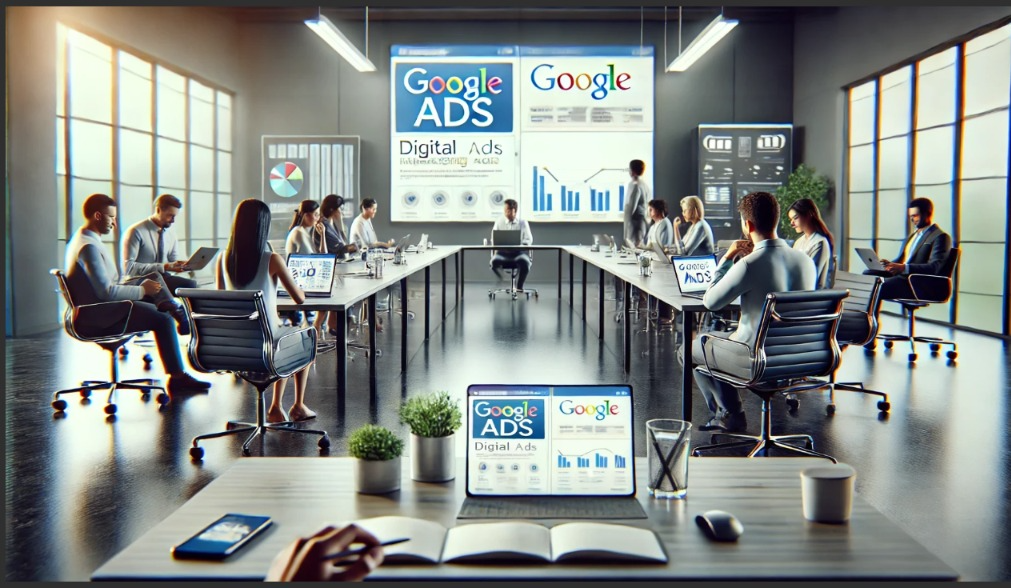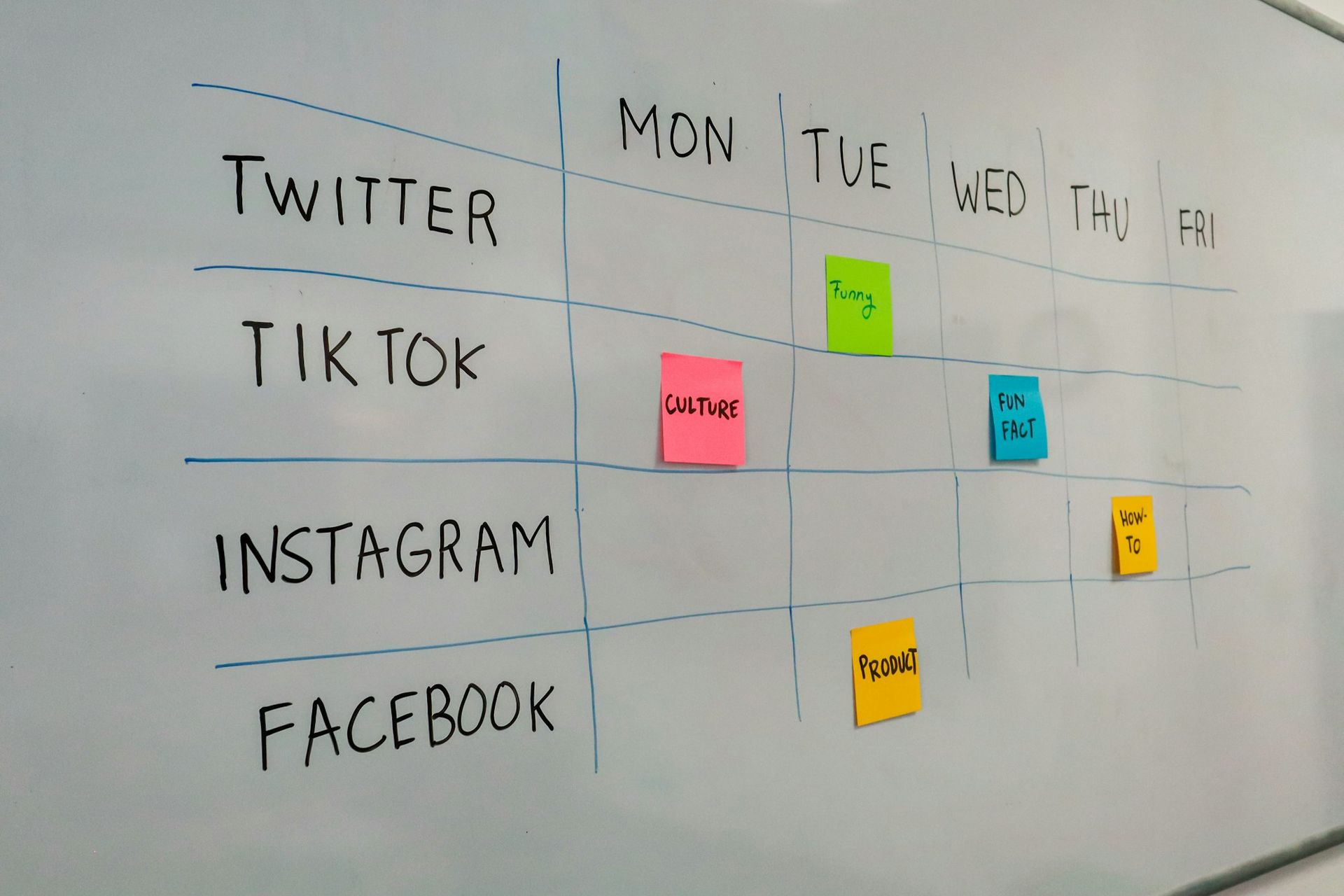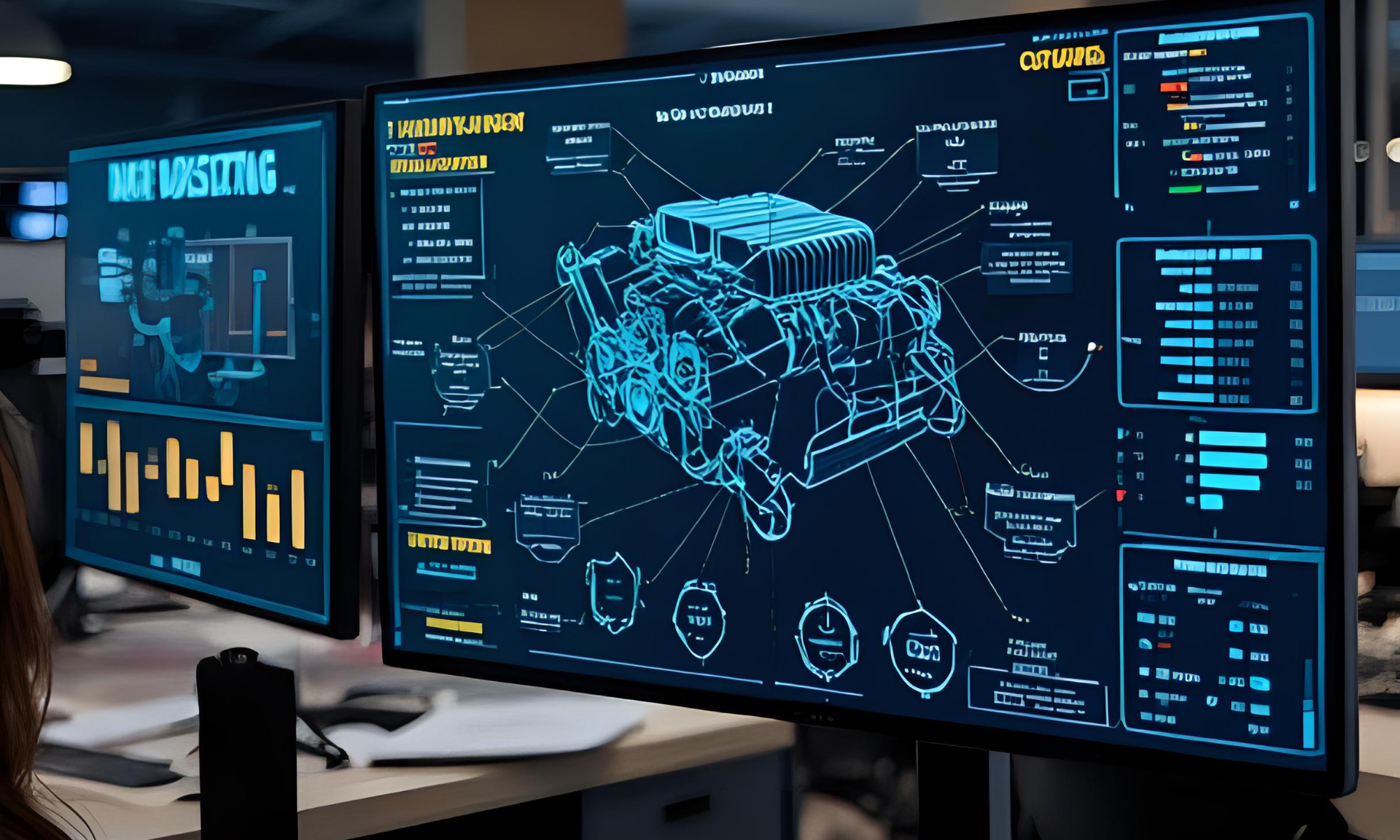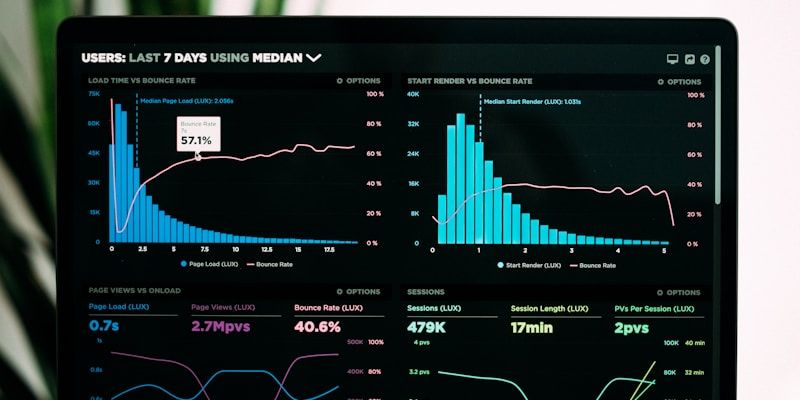Performance Marketing Company vs In-House Team: Which Delivers Better ROI?
Understanding Performance Marketing ROI
Performance marketing ROI is a critical metric that measures the return on investment from marketing campaigns where advertisers pay only for specific, measurable results such as clicks, conversions, or sales. Performance marketing refers to advertising programs in which affiliates and marketing companies are only paid when a desired action is completed, such as a completed lead, sale, booking or download.
Performance marketing provides a cutting-edge approach to maximize ROI by focusing on results-driven strategies. By leveraging data and advanced analytics, businesses can optimize ad spend, target the right audience, and achieve measurable outcomes. The fundamental difference between performance marketing and traditional marketing lies in its accountability – every dollar spent can be tracked directly to business outcomes.
The average ROI expectations vary significantly based on the approach chosen. Most digital marketers strive for an average ROI of 5:1—a measure of profit that's $5 gained for every $1 spent on a marketing campaign. This is considered slightly above average by industry standards. However, exceptional performance marketing campaigns can achieve ratios of 10:1 or higher.
Understanding ROI calculation is fundamental: ROI = (Revenue acquired from digital campaign – Cost of digital campaign) / Cost of digital campaign. This simple formula becomes complex when comparing the total cost of ownership between agency partnerships and in-house teams

Table of Contents
1. Understanding Performance Marketing ROI
2. Performance Marketing Agency Approach
3. In-House Marketing Team Benefits
4. Cost Analysis: Agency vs In-House
5. ROI Comparison and Performance Metrics
6. Expertise and Specialized Knowledge
7. Scalability and Flexibility Considerations
8. Time to Market and Implementation Speed
9. Risk Management and Accountability
10. Making the Strategic Decision
11. FAQ
Performance Marketing Agency Approach
Performance marketing agencies bring specialized expertise, advanced tools, and proven methodologies to maximize campaign effectiveness. Those who choose to pursue this type of marketing have the ability to track and measure their ads back to the dollar. This leads to higher ROI, lower risk, and faster execution.
Key Advantages of Agency Partnerships
Immediate Access to Expertise: Agencies maintain teams of specialists across multiple disciplines including paid search, social media advertising, programmatic buying, and conversion optimization. Growth Marketing Agencies help startups grow by applying tailored marketing strategies. Beyond just creating ads, a growth marketing team develops strategies to propel your brand. Armed with diverse skills, high-tech tools, and a growth mindset, they aim to elevate your entire brand presence.
Advanced Technology Stack: Leading performance marketing agencies invest heavily in premium tools and platforms that would be cost-prohibitive for individual businesses. These tools provide deeper analytics, automated optimization, and advanced targeting capabilities.
Proven Methodologies: The best performance marketing agencies have a good track record of delivering results for their clients. They bring tested frameworks and strategies refined across hundreds of client campaigns.
Cross-Industry Insights: Agencies work with diverse clients, allowing them to apply successful strategies from one industry to another, often discovering innovative approaches that in-house teams might miss.
Rapid Implementation: Speed matters, and external agencies have it down pat. Their established processes and resources mean they can get rolling faster than a brand-new in-house team, which is perfect when you're trying to move quickly.
In-House Marketing Team Benefits
In-house marketing teams offer unique advantages that agencies cannot replicate, particularly in brand intimacy and long-term strategic alignment. In-house teams offer more control and intimate knowledge of your brand, while agencies bring a wealth of experience and external perspectives.
Core Benefits of In-House Teams
Deep Brand Knowledge: Internal teams develop an intimate understanding of company culture, values, and long-term objectives that external partners struggle to match. This deep knowledge translates to more authentic messaging and better brand consistency.
Direct Communication: In-house teams eliminate communication barriers and can pivot quickly based on immediate business needs or market changes.
Company-Specific Optimization: Internal teams can optimize strategies specifically for your business model, customer base, and industry nuances rather than applying generalized best practices.
Long-Term Commitment: Unlike agency relationships that may change, in-house team members are invested in long-term company success and can develop more sophisticated, nuanced strategies over time.
Integration with Other Departments: In-house marketing teams collaborate more effectively with sales, product development, and customer service, creating cohesive customer experiences.

Cost Analysis: Agency vs In-House
Understanding the true cost of each approach requires examining both direct and indirect expenses beyond initial price comparisons.
In-House Team Costs
For example, a marketing manager in the U.S. makes around $135,000 annually, while content creators earn about $60,000, and a digital ad specialist earns around $76,000. Factor in benefits like health insurance and retirement plans, which can add roughly 30% on top of base salaries.
Full-Time Employee Expenses:
- Marketing Manager: $135,000 + 30% benefits = $175,500
- Digital Ad Specialist: $76,000 + 30% benefits = $98,800
- Content Creator: $60,000 + 30% benefits = $78,000
- Marketing Analyst: $65,000 + 30% benefits = $84,500
Additional Costs:
- Recruitment and training: Hiring and onboarding can cost 20-30% of an employee's first-year salary
- Tools and software: An in-house team needs specific tools such as CRM systems like Salesforce or HubSpot (about $1,200 per user per year on the higher end), Adobe Creative Cloud for design ($600 per user annually), and marketing automation platforms like Market ($1,000+ monthly). For a midsize team, software alone can run $50,000+ per year
- Overhead costs: Office space, internet, utilities, and equipment add roughly $15,000 per employee annually in major cities
Total Annual Cost: For a basic 4-person team, the total investment approaches $550,000-$600,000 annually including all associated costs.
Agency Partnership Costs
Digital marketing agencies cost $50 - $3,500 per month on average in 2025. However, comprehensive performance marketing partnerships typically range higher:
- Small Business Agencies: $2,500 - $7,500/month ($30,000 - $90,000/year)
- Mid-Market Agencies: $8,000 - $20,000/month ($96,000 - $240,000/year)
- Enterprise Agencies: $20,000 - $50,000+/month ($240,000 - $600,000+/year)
Sometimes, the cost of one or two full-time marketing employees can cover an agency partnership for an entire year. And by relying on the agency's expertise and flexibility, we often see clients achieve the same results they might have needed a team of five or more internal employees to realize.
ROI Comparison and Performance Metrics
The ROI comparison between agencies and in-house teams depends heavily on business size, industry, and campaign complexity.
Agency Performance Metrics
Generally, companies who use PPC advertising see an average return of $2 for every $1 spent. Use Google Ads, however, and your business will likely experience even higher returns. The average ROI for Google Ads is $8 for every $1 spent.
Typical Agency Results:
- Faster time to positive ROI (3-6 months vs 6-12 months for in-house)
- Higher initial performance due to existing expertise and tools
- Access to exclusive beta features and premium support from advertising platforms
- Cross-channel optimization capabilities
Case Study Performance: After 5 years and 10 marketers, we had accepted that profitable ads were impossible for our business - demonstrating how specialized agencies can achieve results where in-house teams struggled.
In-House Team Performance Metrics
While in-house teams may take longer to achieve peak performance, they often deliver superior long-term results in specific areas:
Long-Term Advantages:
- Better performance on brand-building campaigns
- Higher customer lifetime value through consistent messaging
- More effective integration with product launches and company initiatives
- Superior performance on industry-specific or niche campaigns
An in-house agency is an investment that will lead to cost savings. Our in-house agency (Accenture Canvas) is revered above all external partners due to getting the above right. We've also reduced agency spend by >50%.
Expertise and Specialized Knowledge
The expertise gap between agencies and in-house teams significantly impacts ROI outcomes.
Agency Expertise Advantages
Specialized Knowledge: Performance marketing agencies focus on driving measurable and trackable results for businesses using various online marketing channels. Unlike traditional advertising agencies that may focus on brand awareness and creative campaigns, performance marketing agencies prioritize delivering a positive return on investment (ROI) for their clients.
Continuous Learning: Agencies invest heavily in team training and certification across multiple platforms, ensuring their specialists stay current with platform changes and emerging opportunities.
Tool Mastery: Agency teams have extensive experience with premium tools and platforms, maximizing their effectiveness and reducing learning curves.
In-House Expertise Development
Industry-Specific Knowledge: In-house teams develop deep expertise in company-specific challenges and opportunities that agencies may overlook.
Knowledge Retention: Taking the necessary time to learn what you don't know about digital marketing (especially technical items like setting up GA4) is great, but it also means you're taking time away from completing tasks for your actual business.
Training Investment: Building in-house expertise requires significant ongoing investment in training and development.

Scalability and Flexibility Considerations
Scalability needs vary dramatically based on business growth stage and market dynamics.
Agency Scalability Advantages
Immediate Scale: Agencies can rapidly increase or decrease campaign intensity based on business needs without hiring or firing employees.
Resource Flexibility: If someone on their side calls in sick or quits, they can easily find someone to take their place. You may never even notice a disruption. An agency can also augment your team if you lose employees, whether they leave temporarily or permanently.
Technology Access: Agencies provide immediate access to enterprise-level tools and platforms without requiring individual licensing agreements.
In-House Scalability Challenges
Hiring Complexity: Hiring new people takes time, even when you're filling a position that's already well-established within your company.
Fixed Costs: In-house teams represent fixed costs that don't scale down during slower periods, potentially impacting ROI during economic downturns.
Skill Gaps: Building comprehensive in-house expertise across all performance marketing channels requires significant time and investment.
Time to Market and Implementation Speed
Speed to market often determines campaign success, especially in competitive industries or time-sensitive promotions.
Agency Implementation Speed
Immediate Activation: Agencies can launch campaigns within days or weeks, leveraging existing processes, tools, and team expertise.
Established Workflows: Proven methodologies eliminate trial-and-error periods common with new in-house teams.
Platform Relationships: Agency partnerships with major platforms often provide faster support and access to new features.
In-House Implementation Timeline
Setup Period: Building effective in-house teams typically requires 6-12 months to achieve optimal performance.
Learning Curve: All in all, it can cost an average of $250,000 a year to build and maintain an in-house marketing team, and this investment takes time to generate returns.
Integration Benefits: Once established, in-house teams can integrate more seamlessly with business operations and long-term planning
Risk Management and Accountability
Risk distribution and accountability structures differ significantly between agencies and in-house teams.
Agency Risk Management
Performance Guarantees: Many performance marketing agencies offer results-based pricing models, sharing financial risk with clients.
Diversified Expertise: Agencies spread risk across multiple specialists and proven methodologies.
Contract Flexibility: Agency partnerships can be modified or terminated more easily than employee relationships.
In-House Risk Factors
Performance Accountability: Internal teams may face less direct financial accountability for campaign performance.
Knowledge Concentration: Risk of knowledge loss when key team members leave the company.
Investment Protection: Significant upfront investment in team building and training represents a substantial business risk.
Making the Strategic Decision
The optimal choice between agency partnership and in-house teams depends on specific business circumstances, growth stage, and strategic priorities.
Choose Performance Marketing Agency When:
- Immediate Results Needed: Launching new products or entering competitive markets quickly
- Limited Internal Expertise: Lacking current performance marketing knowledge and experience
- Budget Constraints: Total cost of agency partnership lower than building internal team
- Scaling Requirements: Need to rapidly increase or decrease marketing intensity
- Multiple Channel Focus: Requiring expertise across diverse performance marketing channels
Choose In-House Team When:
- Long-Term Strategy: Building sustainable, long-term marketing capabilities
- Brand Intimacy Critical: Complex or unique value propositions requiring deep brand knowledge
- Budget for Investment: Sufficient resources to build and maintain internal expertise
- Industry Specialization: Highly specialized or regulated industries with unique requirements
- Integration Priority: Marketing must be tightly integrated with product development and operations
Hybrid Approach
Many successful companies implement hybrid models, maintaining core in-house capabilities while partnering with specialized agencies for specific channels or campaigns. This approach maximizes both control and expertise while optimizing costs.
One option you have available to you is to make a hybrid plan with some in-house employees and some agencies or freelancers picking up more skilled positions. This is often the best option for small businesses, especially those who want to use more robust forms of marketing without having to hire a full-time employee to handle some of it.
Frequently Asked Questions
What is the average ROI difference between agencies and in-house teams?
Performance marketing agencies typically deliver faster initial ROI, often achieving positive returns within 3-6 months compared to 6-12 months for in-house teams. However, mature in-house teams may achieve higher long-term ROI in specific scenarios due to brand intimacy and integration advantages.
How much does it cost to build an in-house performance marketing team?
All in all, it can cost an average of $250,000 a year to build and maintain an in-house marketing team. For a comprehensive team including management, specialists, and support roles, costs typically range from $400,000-$600,000 annually including salaries, benefits, tools, and overhead.
Can small businesses afford performance marketing agencies?
Yes, performance marketing agencies offer scalable solutions for businesses of all sizes. Digital marketing agencies cost $50 - $3,500 per month on average in 2025, with many agencies offering specialized small business packages starting around $2,500-$5,000 monthly.
How quickly can agencies deliver results compared to in-house teams?
Agencies typically launch campaigns within 1-2 weeks and achieve initial optimization within 30-60 days. In-house teams require 3-6 months to reach similar proficiency levels due to learning curves and process development needs.
What are the main risks of each approach?
Agency risks include less brand control and potential knowledge gaps about your specific industry. In-house risks include higher fixed costs, longer development timelines, and potential skill gaps that may limit campaign effectiveness.
Should startups choose agencies or build in-house teams?
Most startups benefit from agency partnerships initially due to limited resources and need for immediate results. Growth Marketing Agencies help startups grow by applying tailored marketing strategies. In-house team building becomes more viable after achieving product-market fit and sustainable revenue growth.
How do I measure ROI for each approach?
Calculate total costs including all hidden expenses (benefits, tools, overhead for in-house; management time and integration costs for agencies). Measure revenue generated through marketing efforts and apply the ROI formula: (Revenue - Total Marketing Costs) / Total Marketing Costs × 100.
What hybrid approach works best?
Successful hybrid models typically maintain in-house strategy and brand leadership while outsourcing specialized execution like paid advertising management. This combination provides brand control with access to specialized expertise and advanced tools.
Ready to optimize your performance marketing ROI? Whether you choose an agency partnership, in-house team, or hybrid approach, the key is aligning your marketing strategy with business objectives and measuring results consistently. For expert guidance on performance marketing and ROI optimization, explore Meta Marketing Agency's proven methodologies that have delivered exceptional results across diverse industries.












